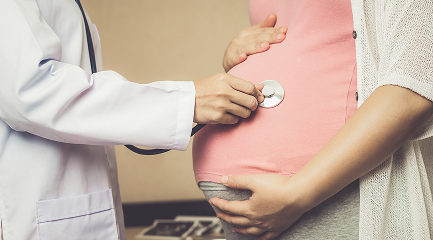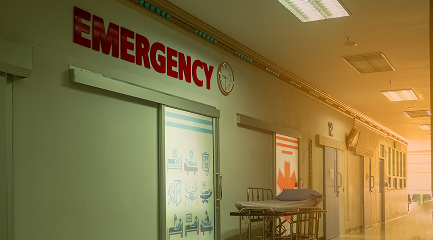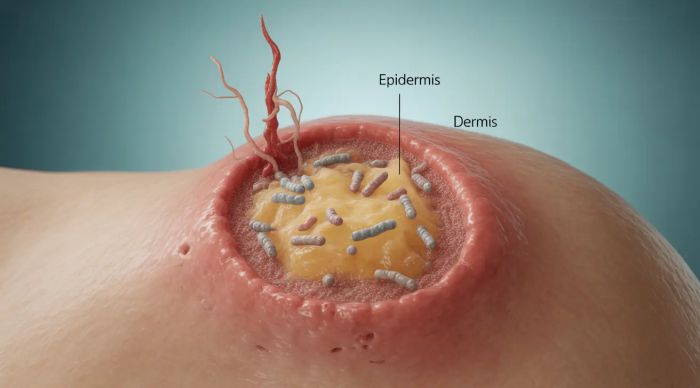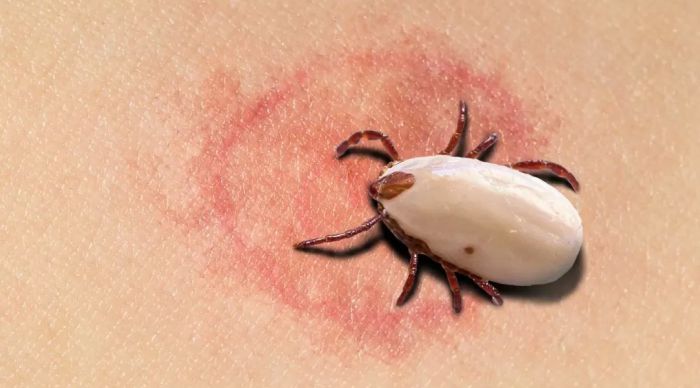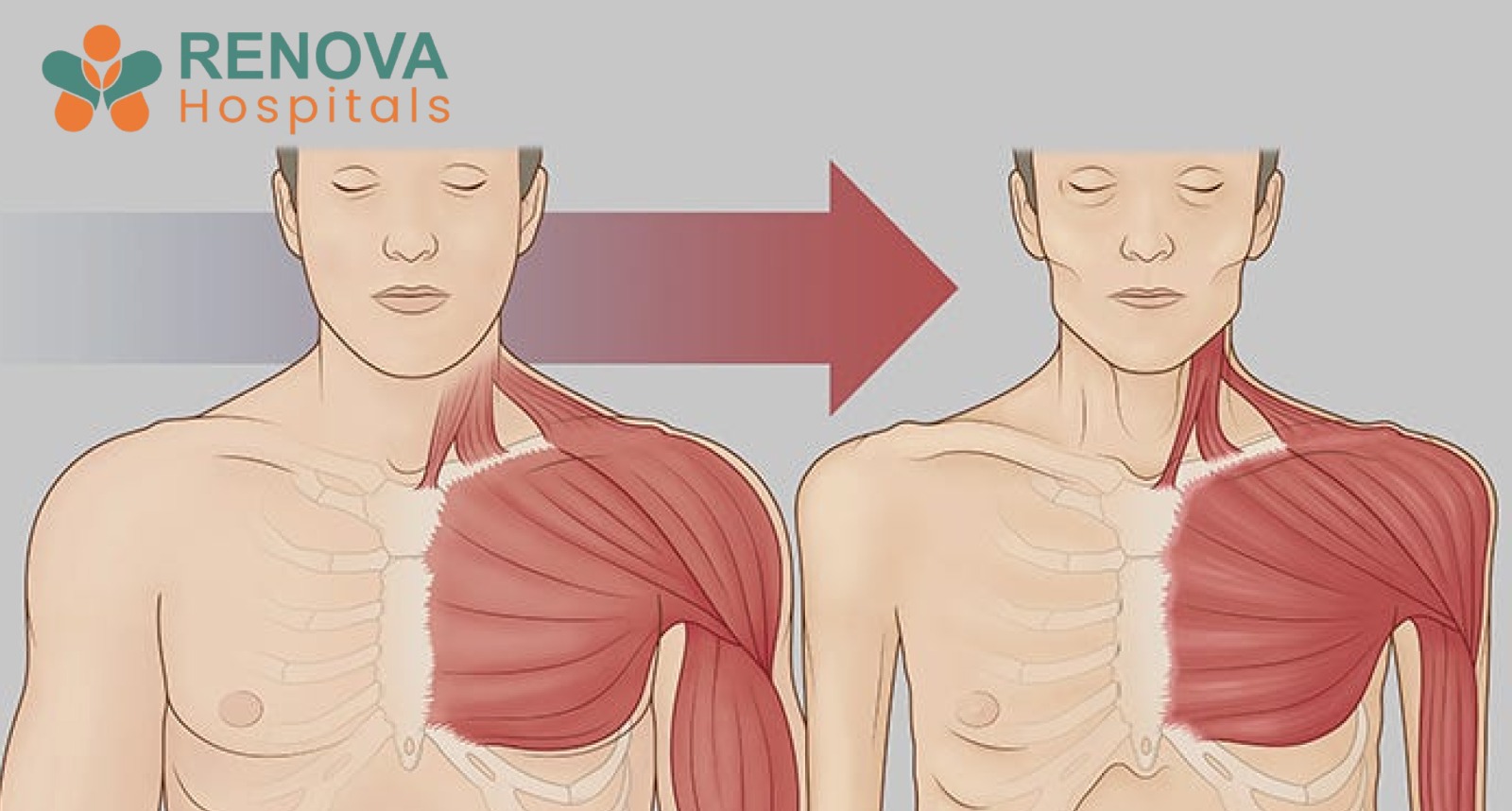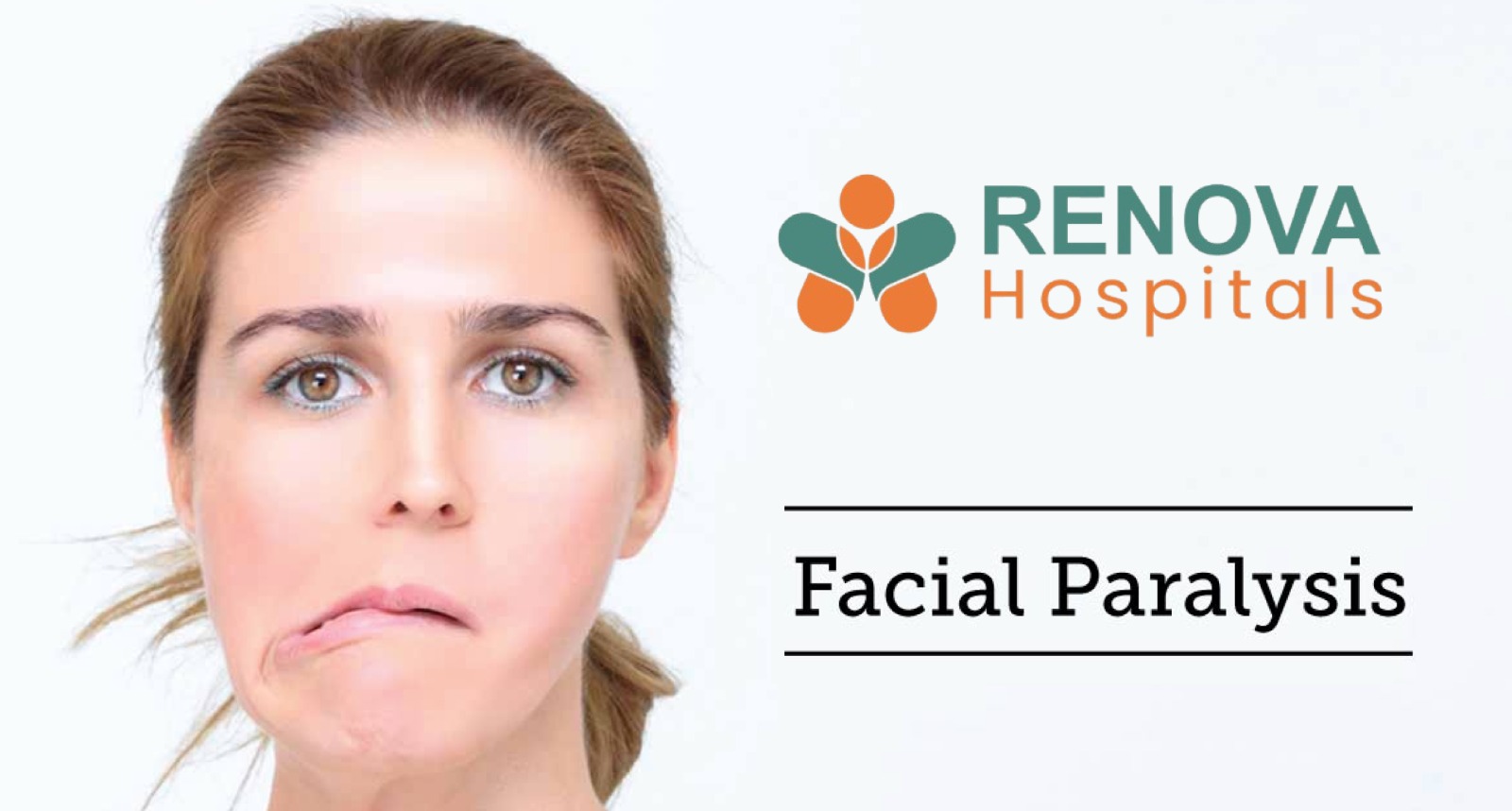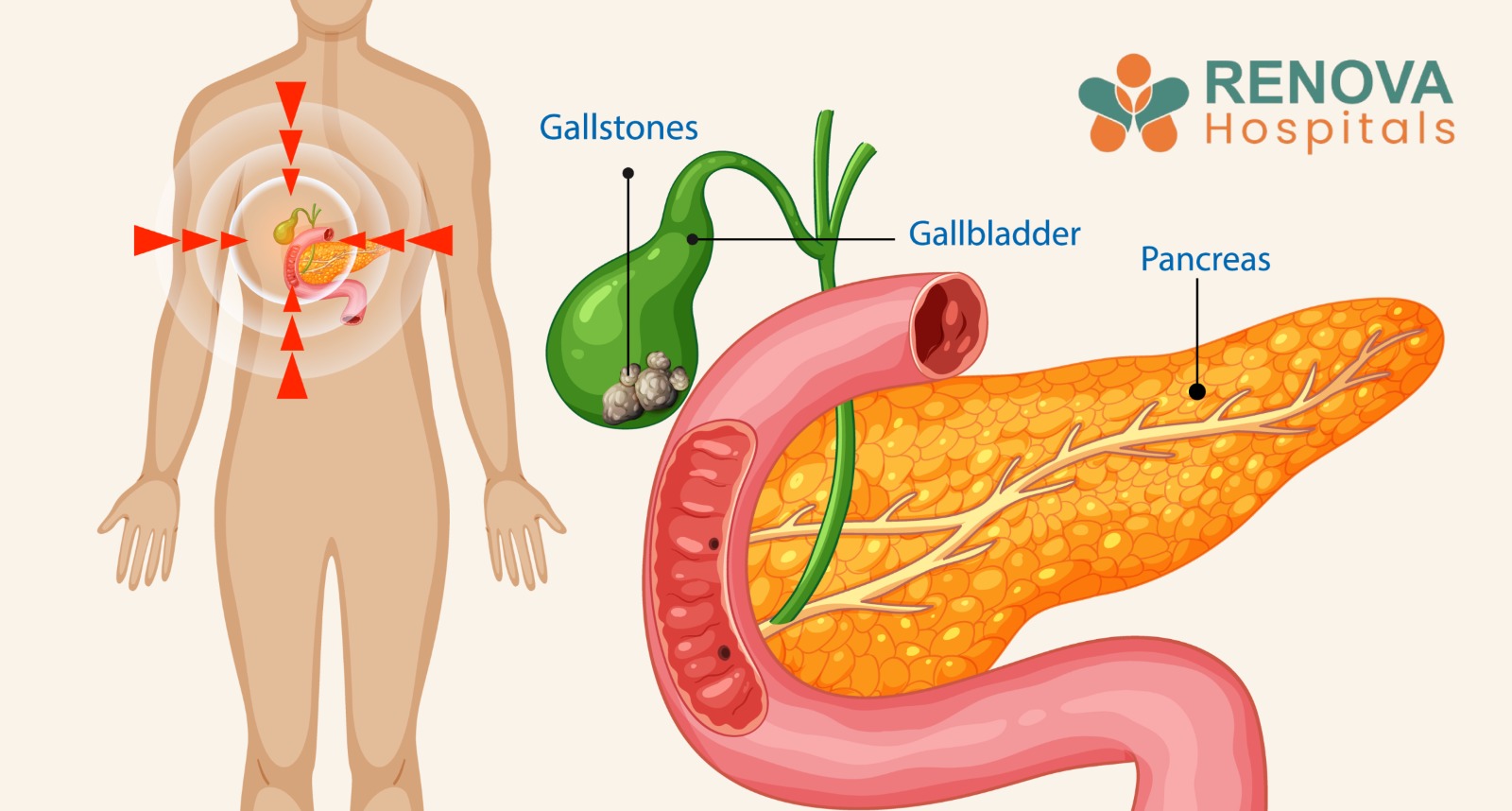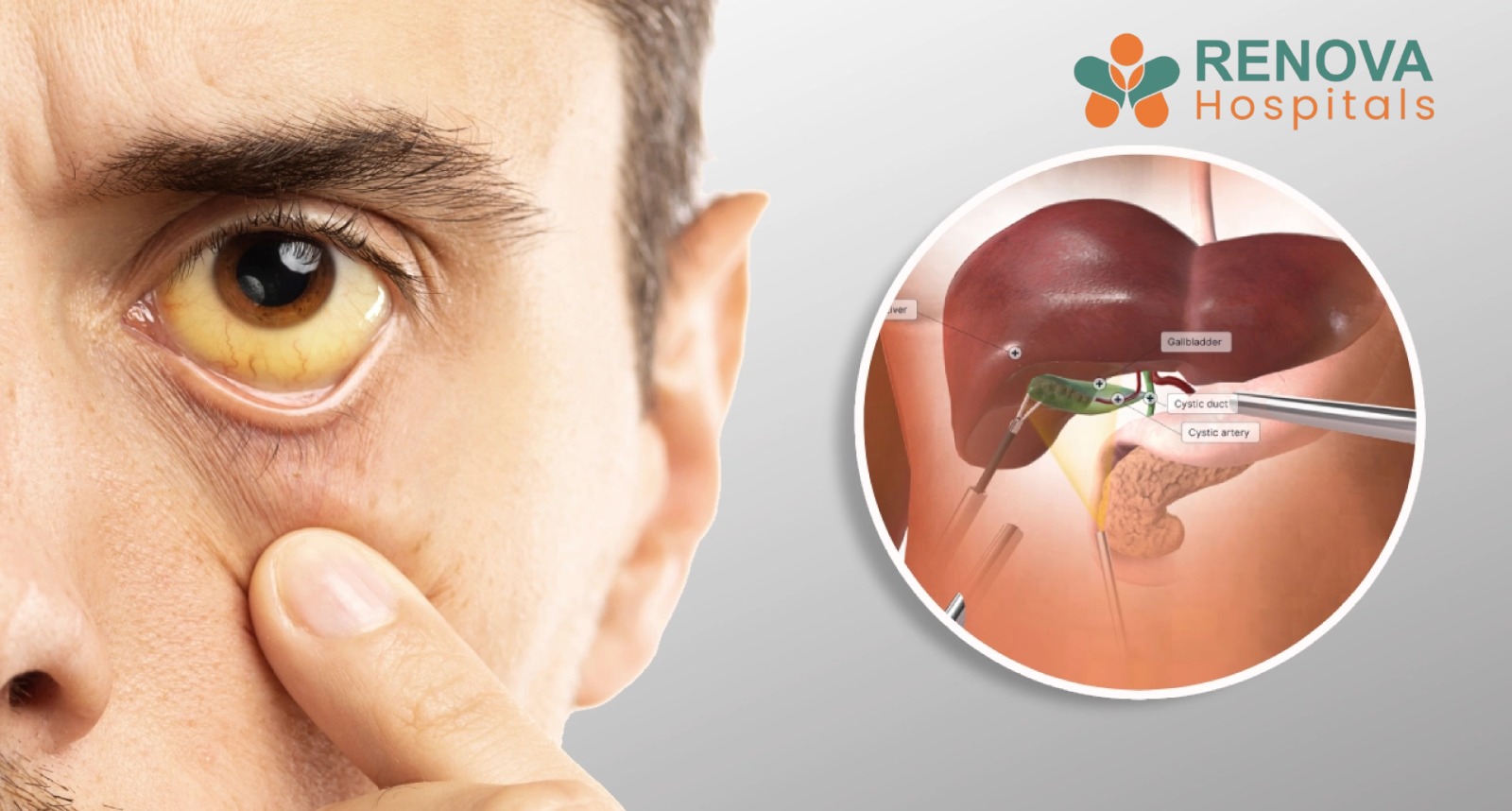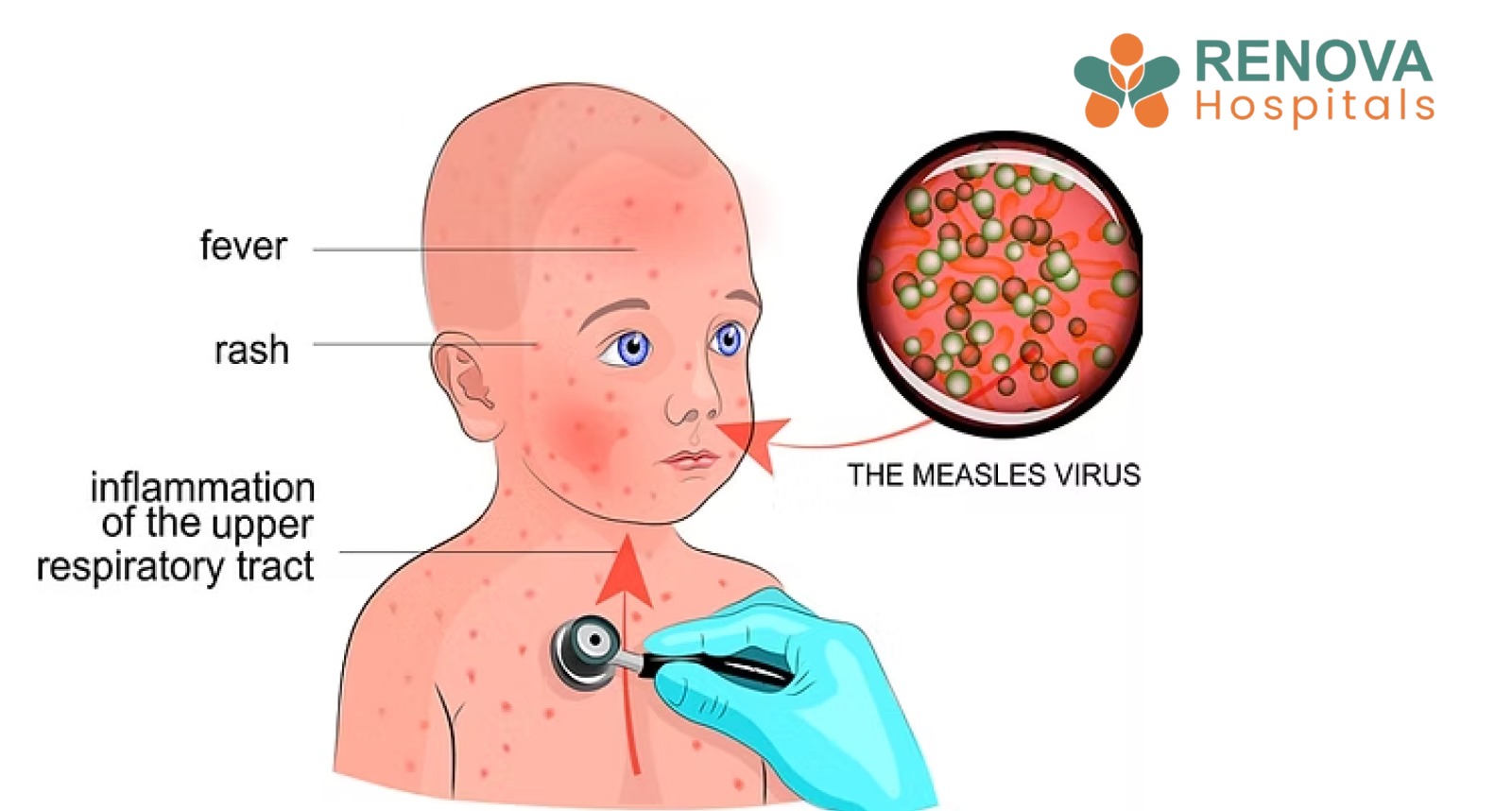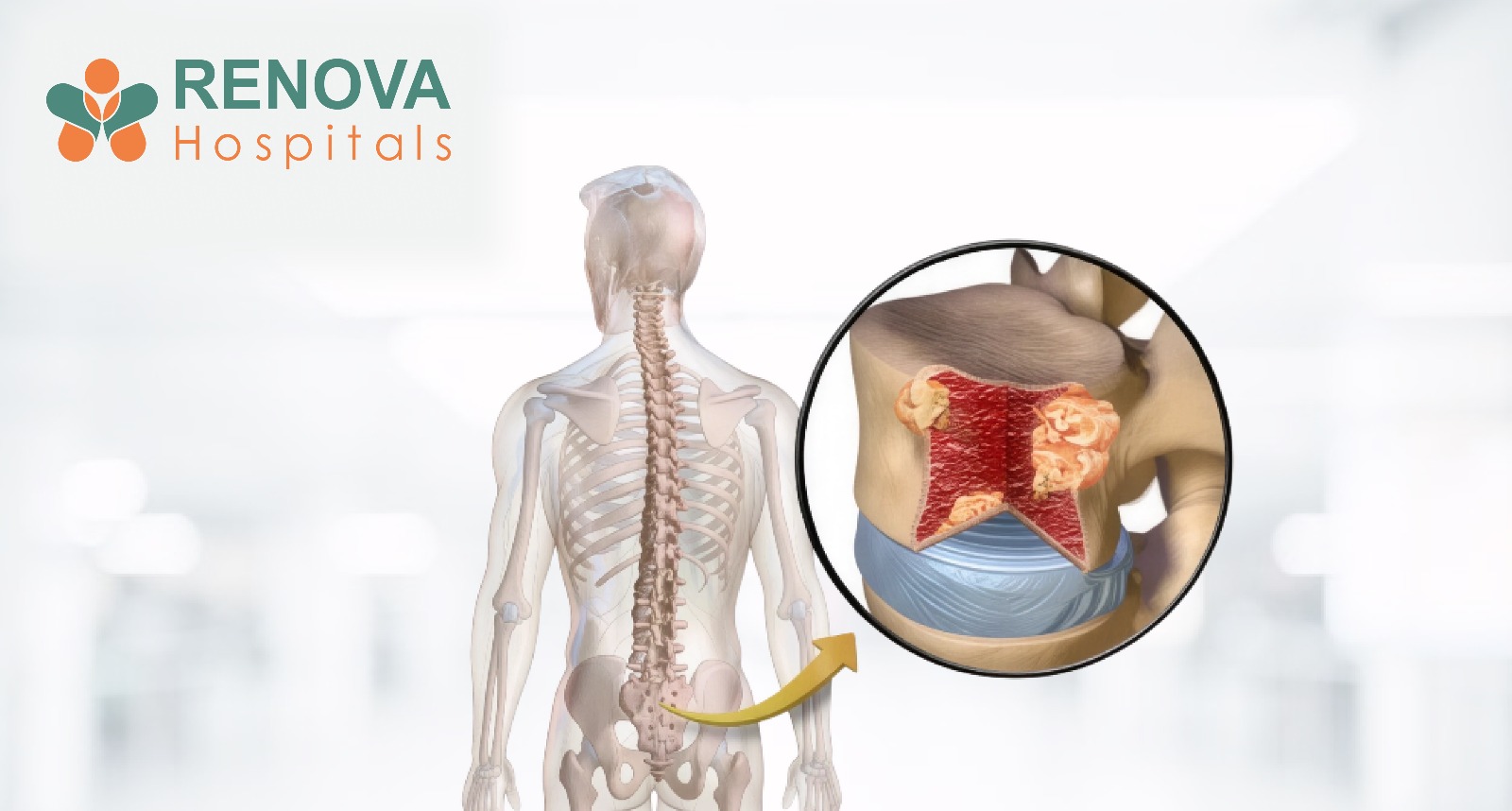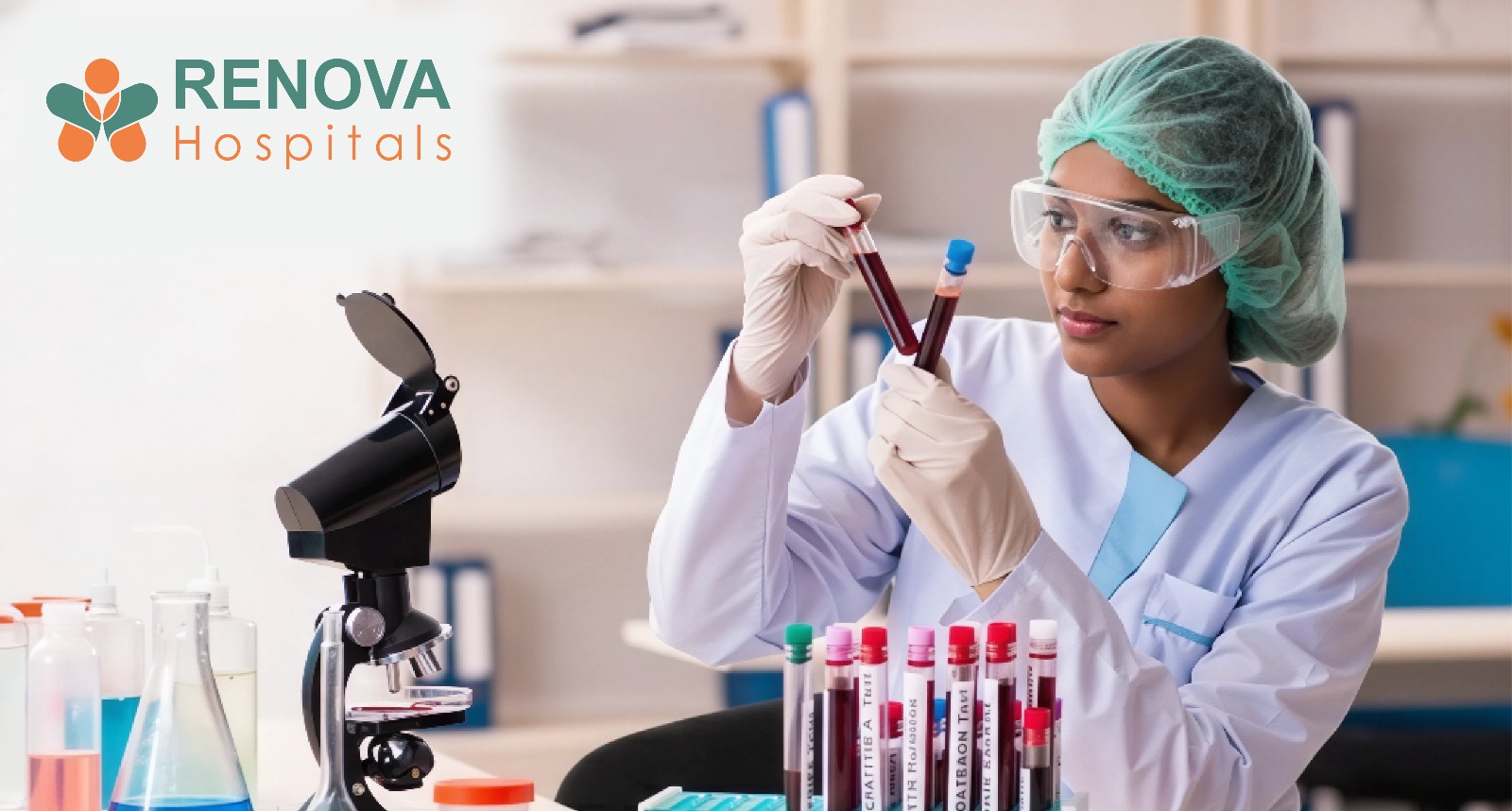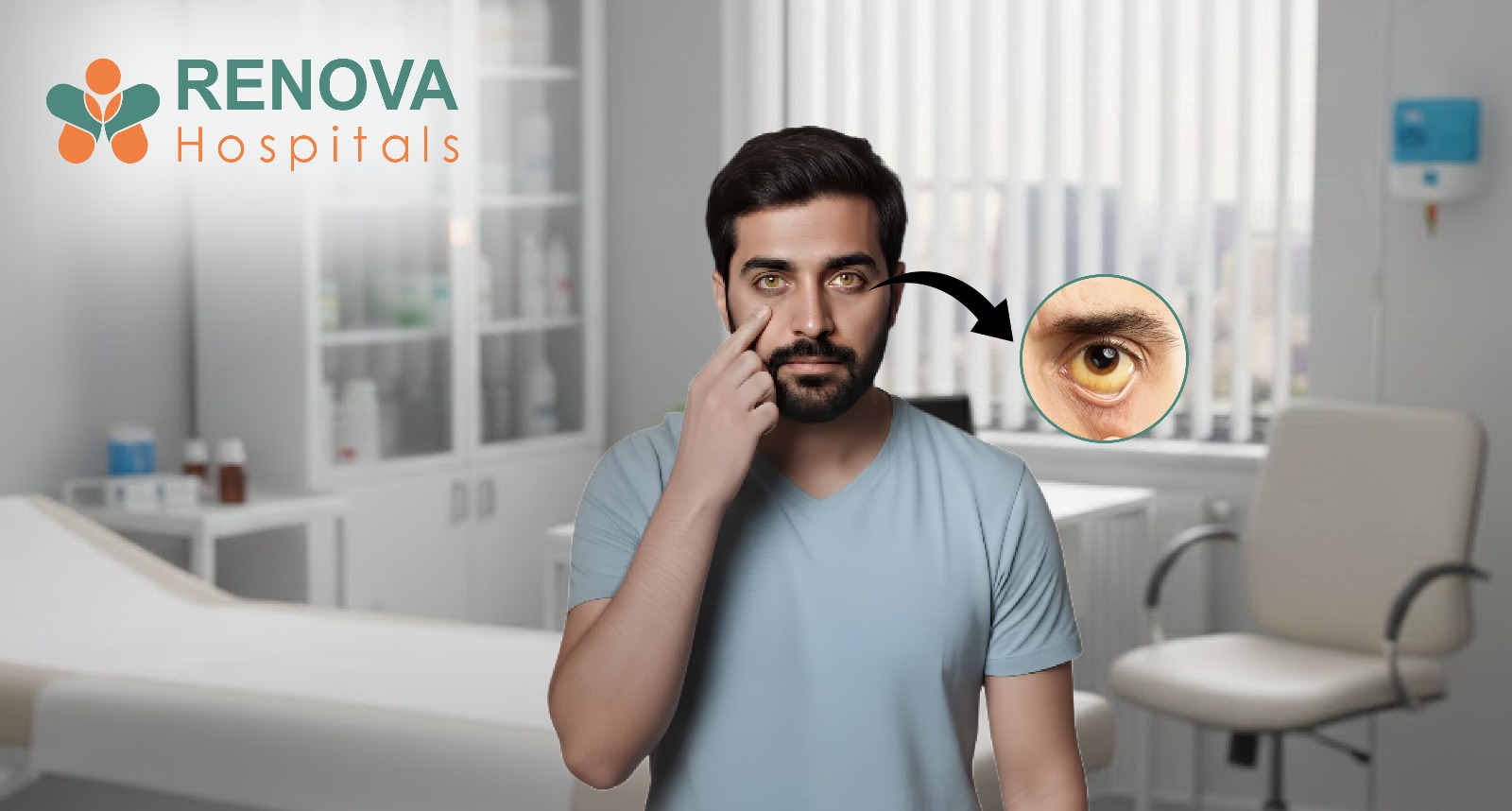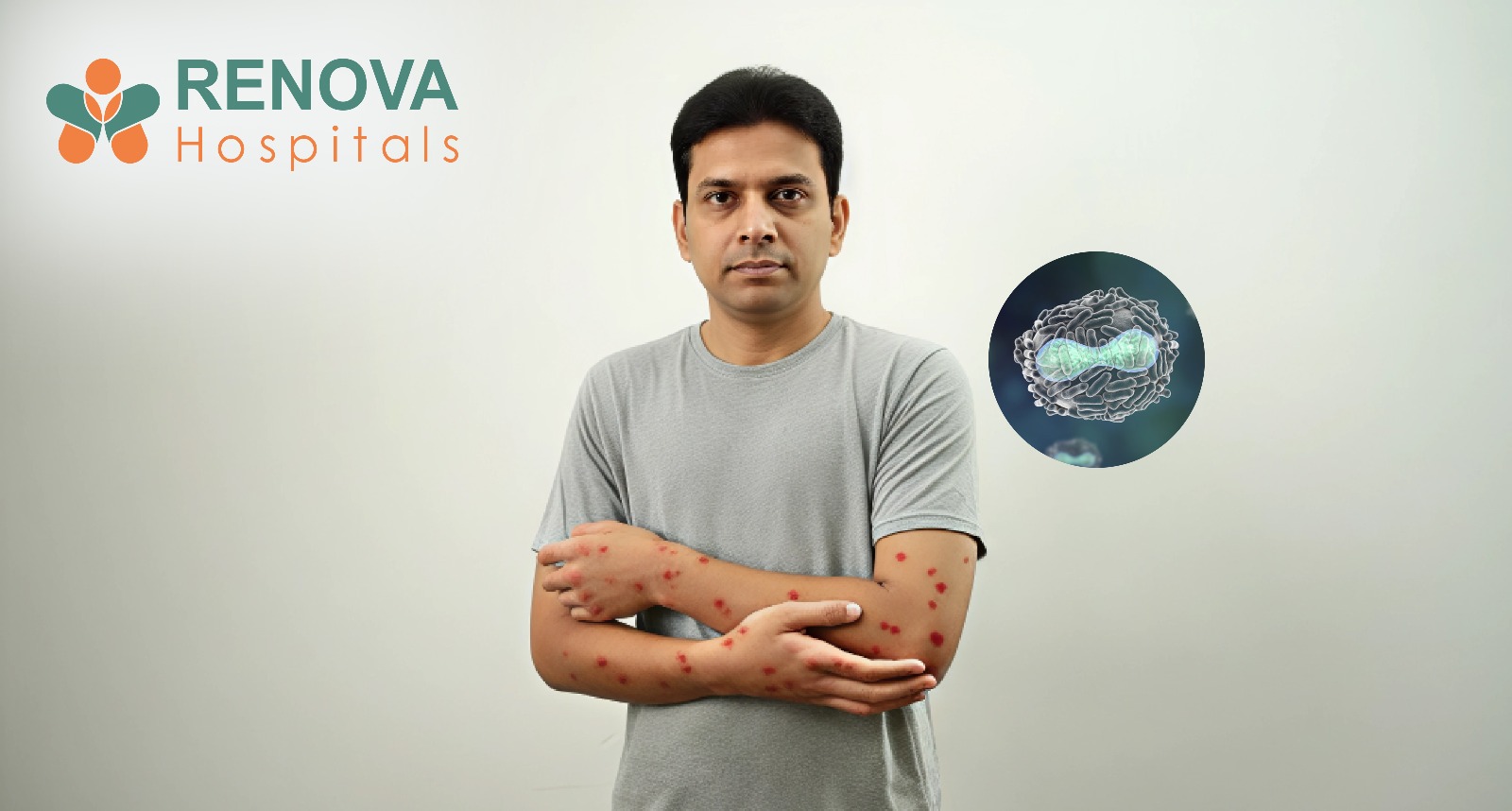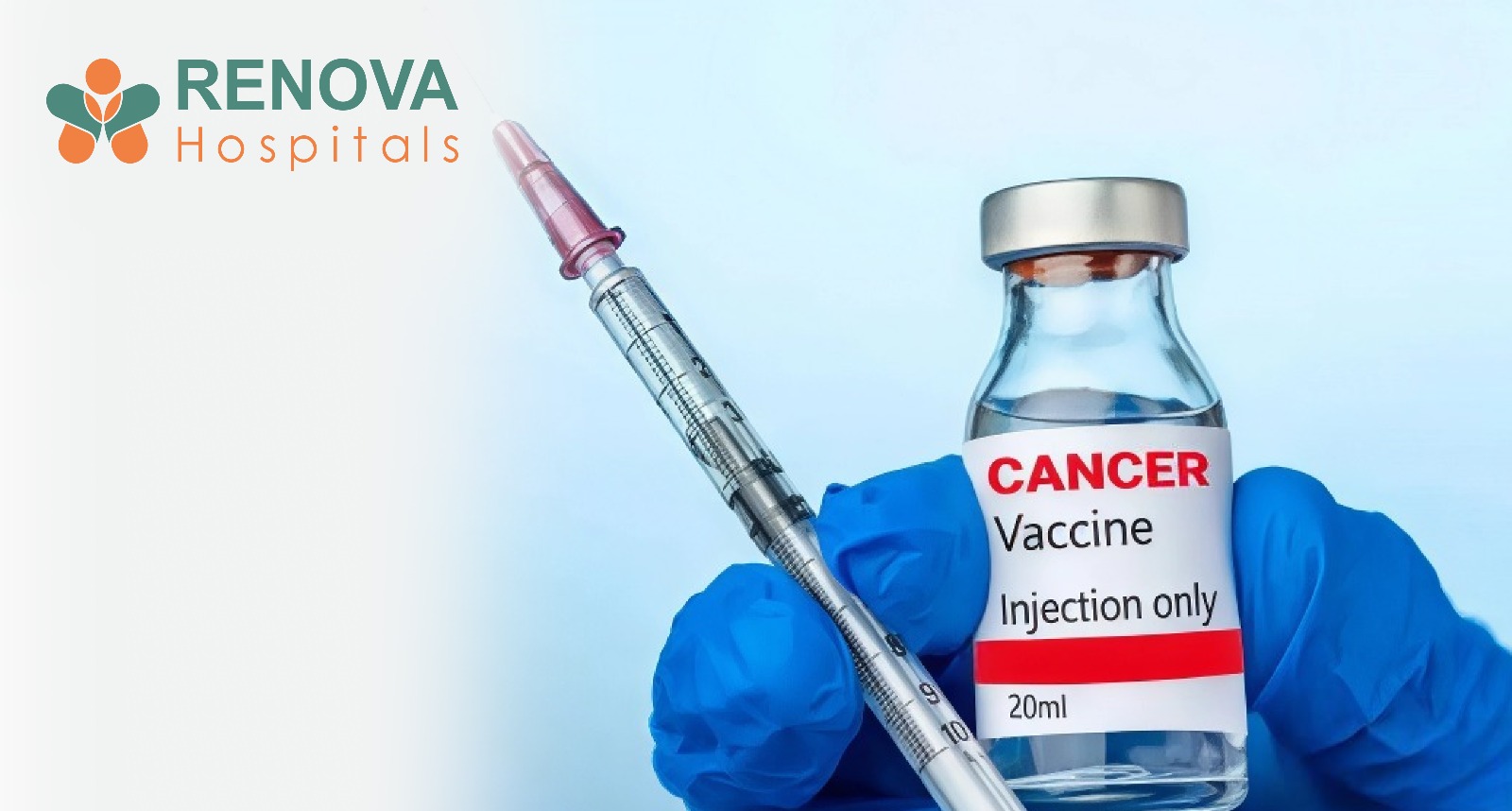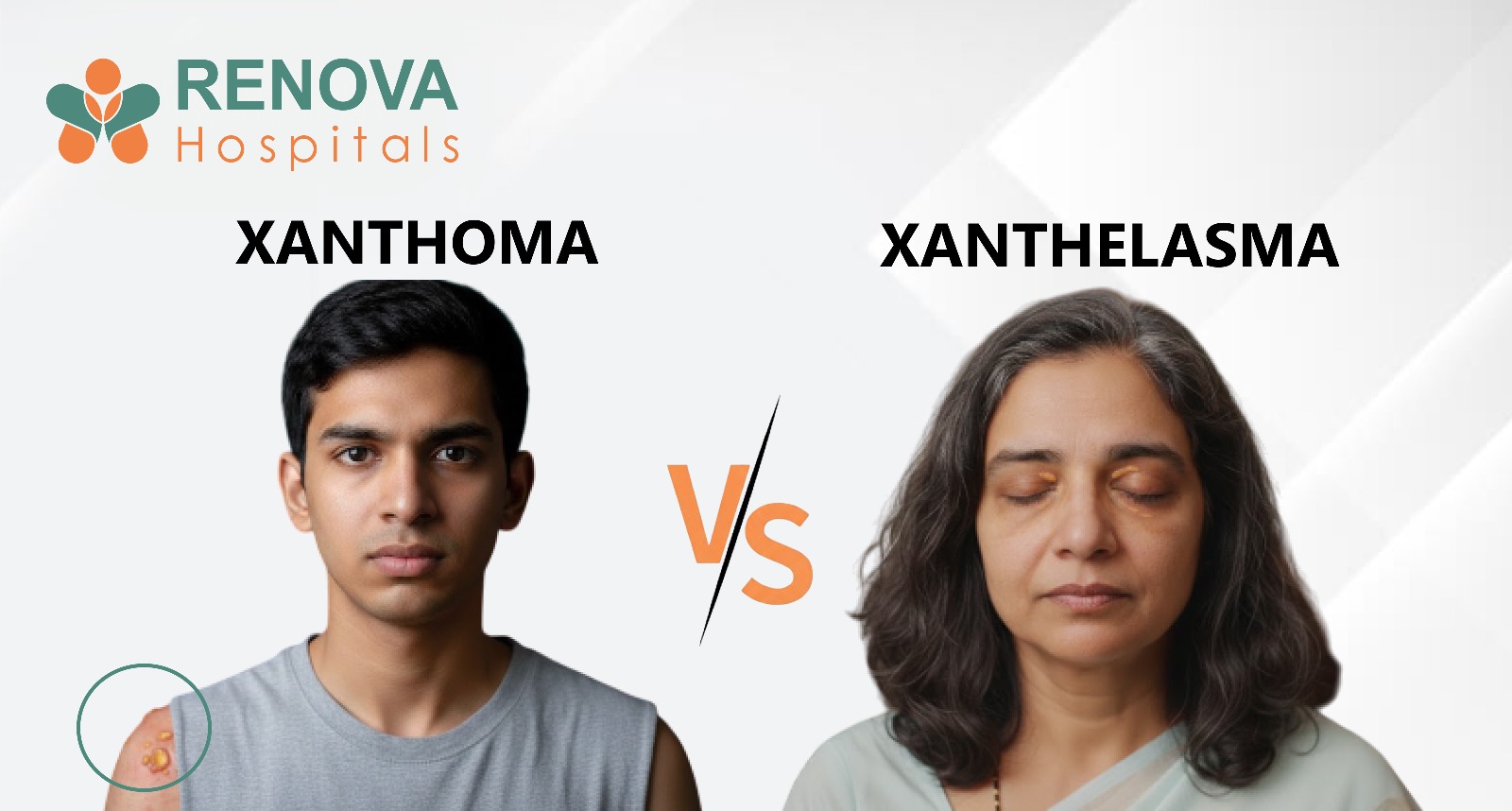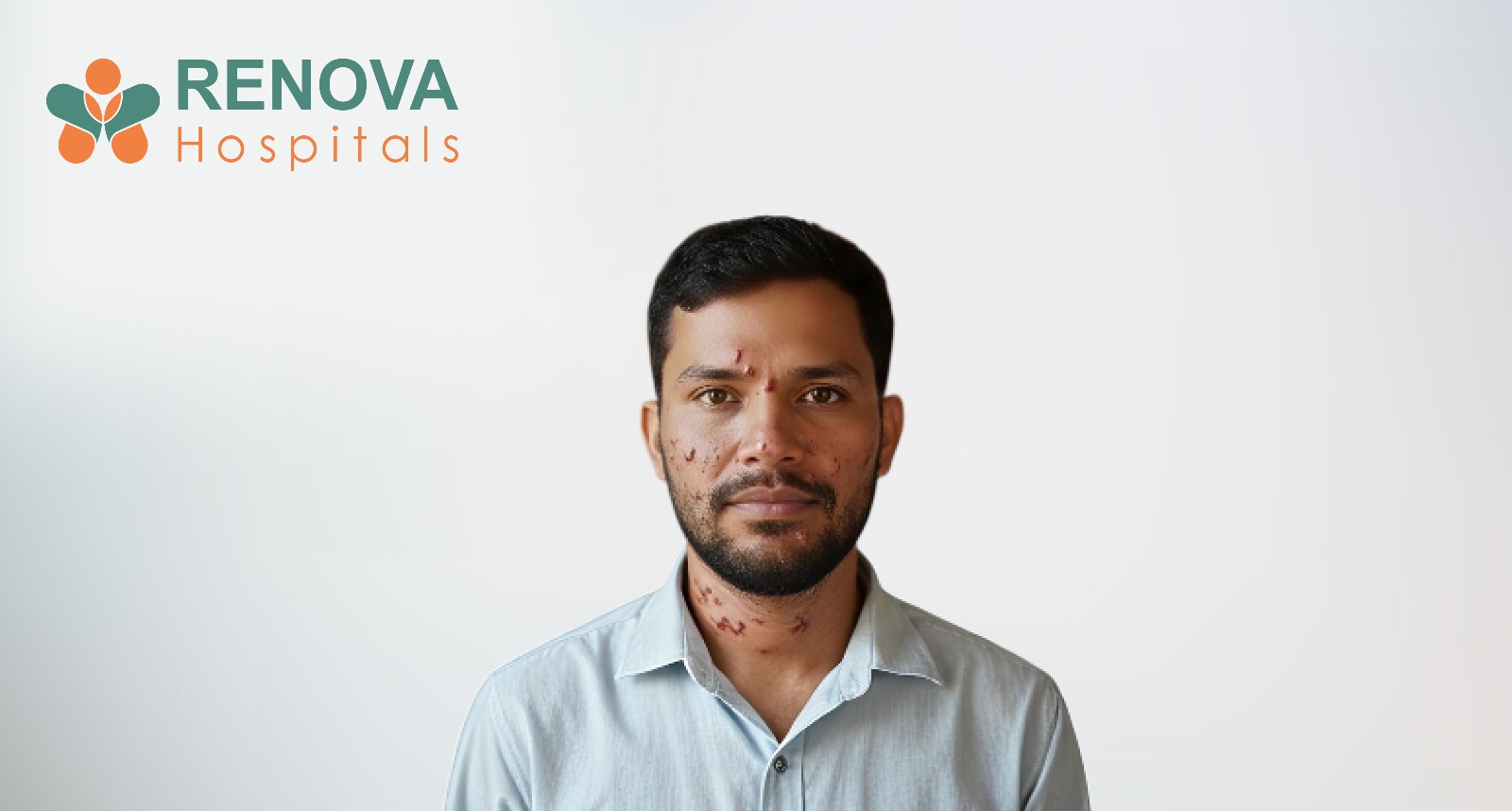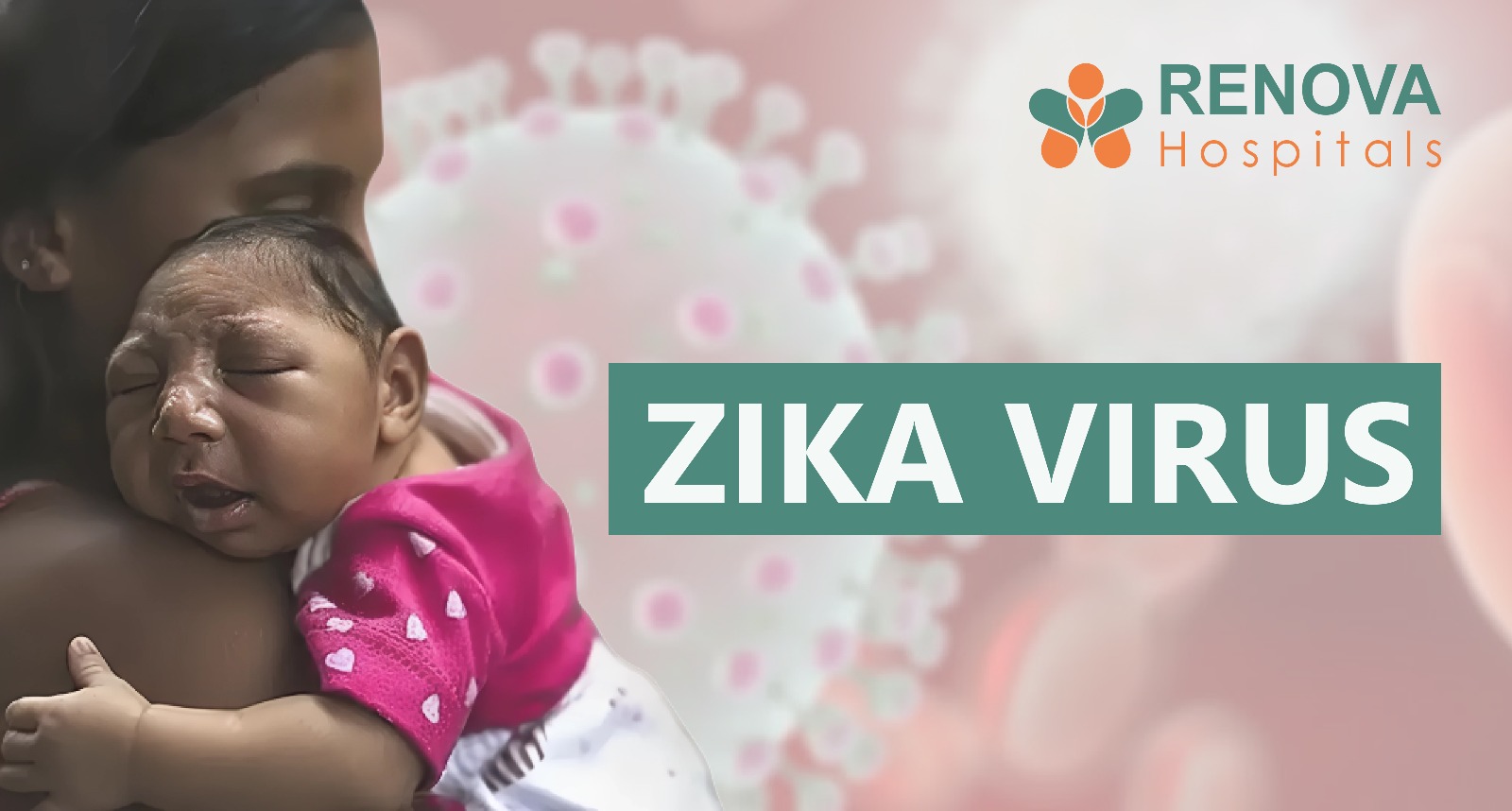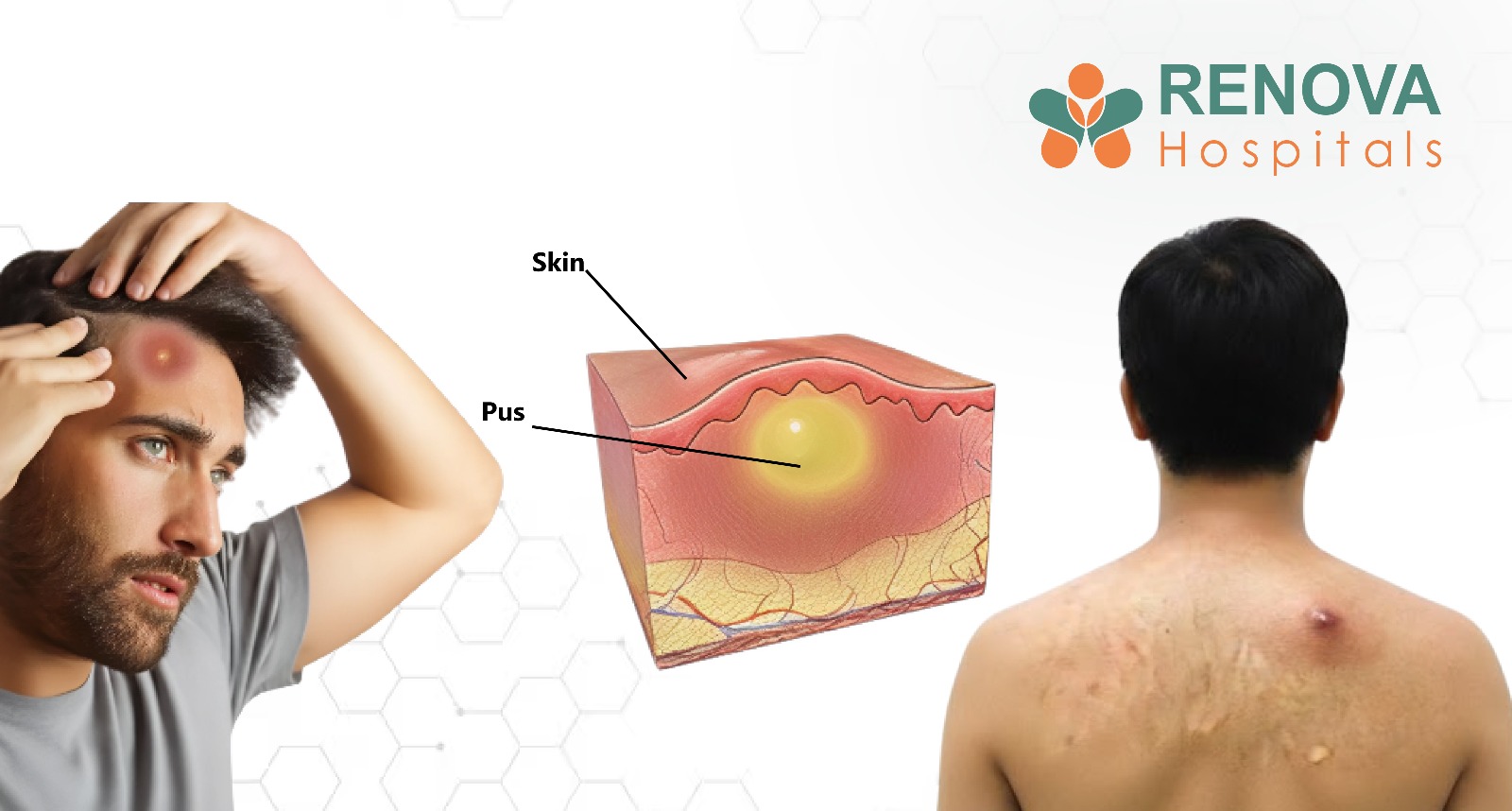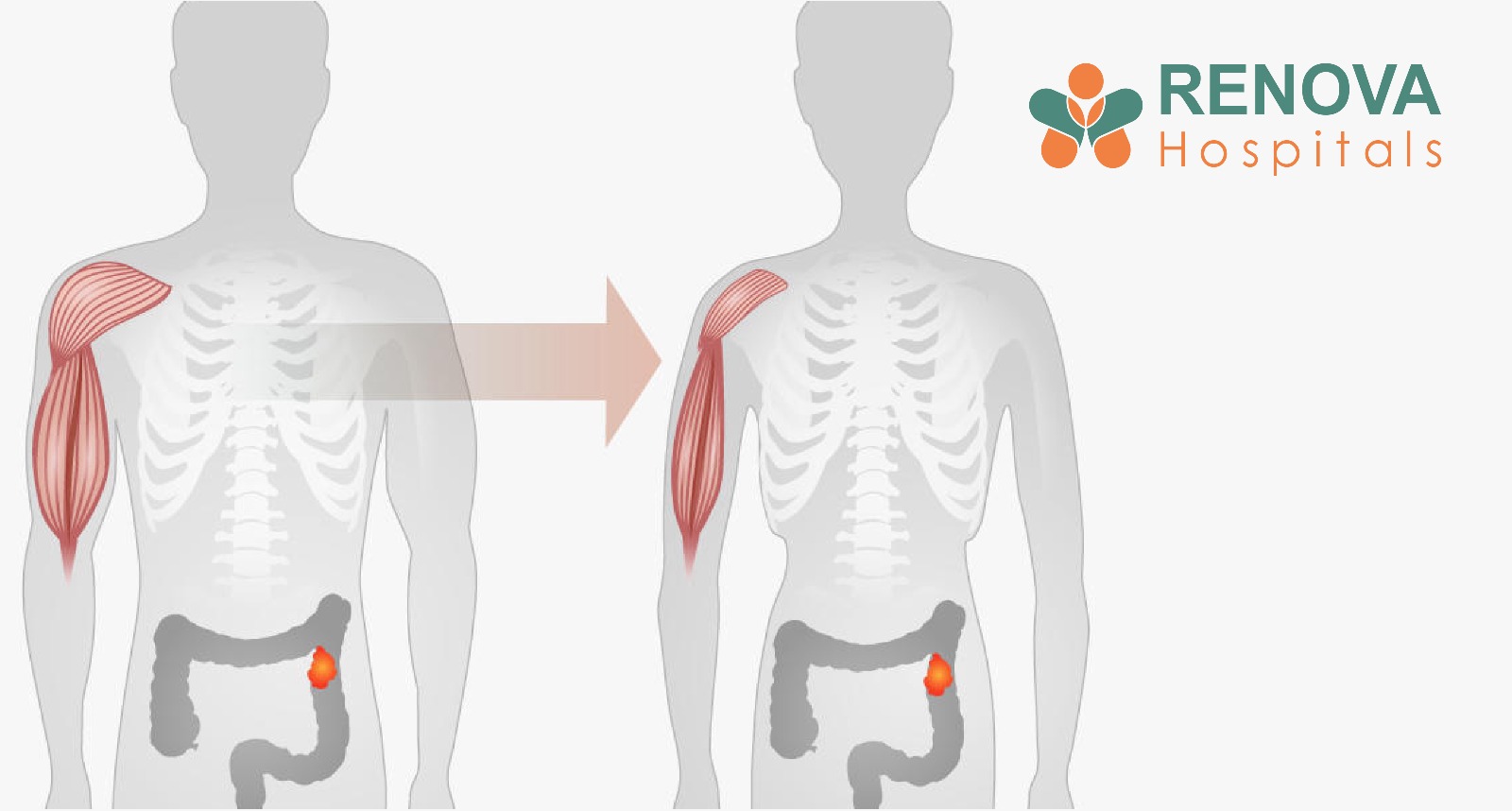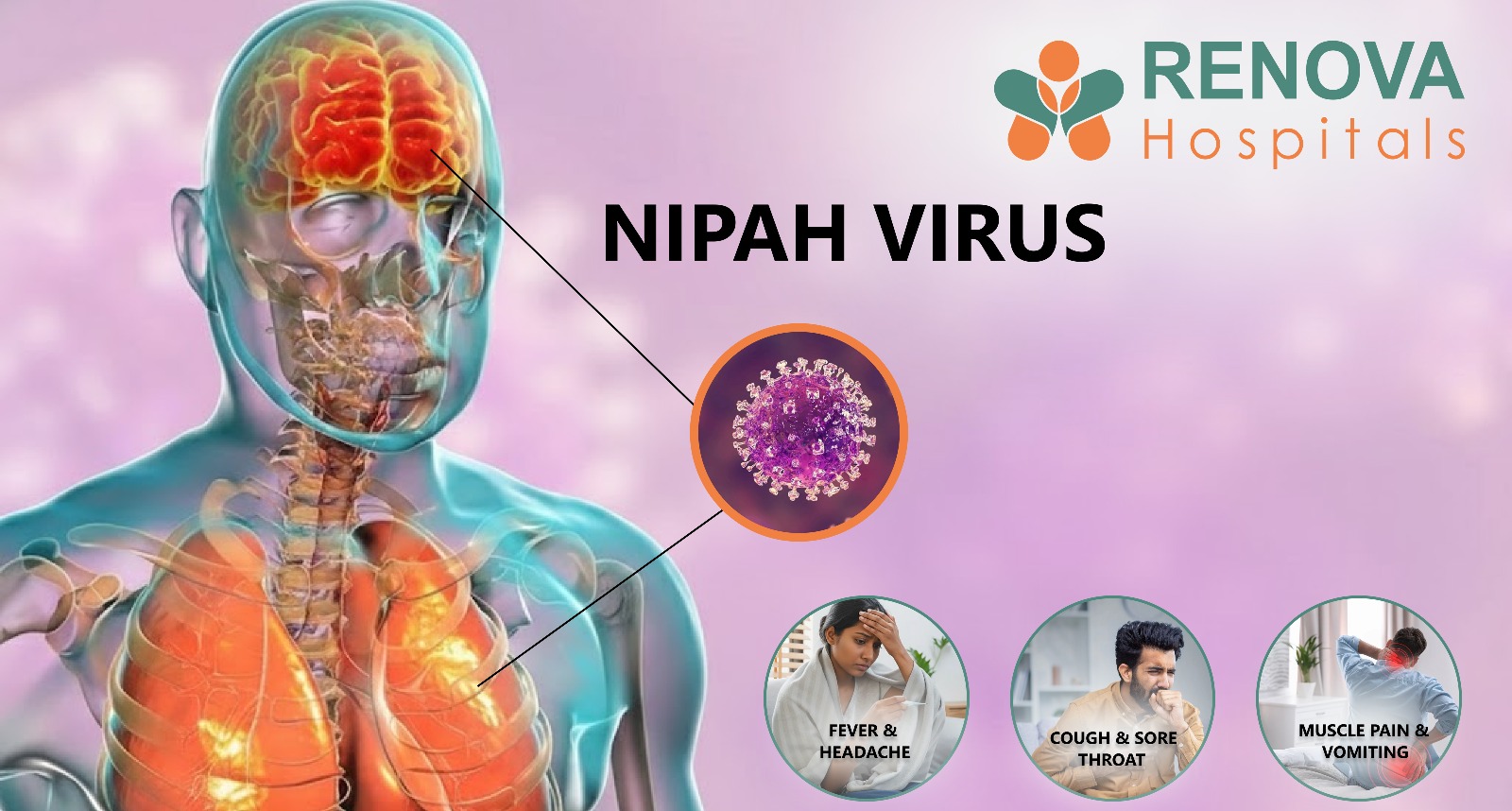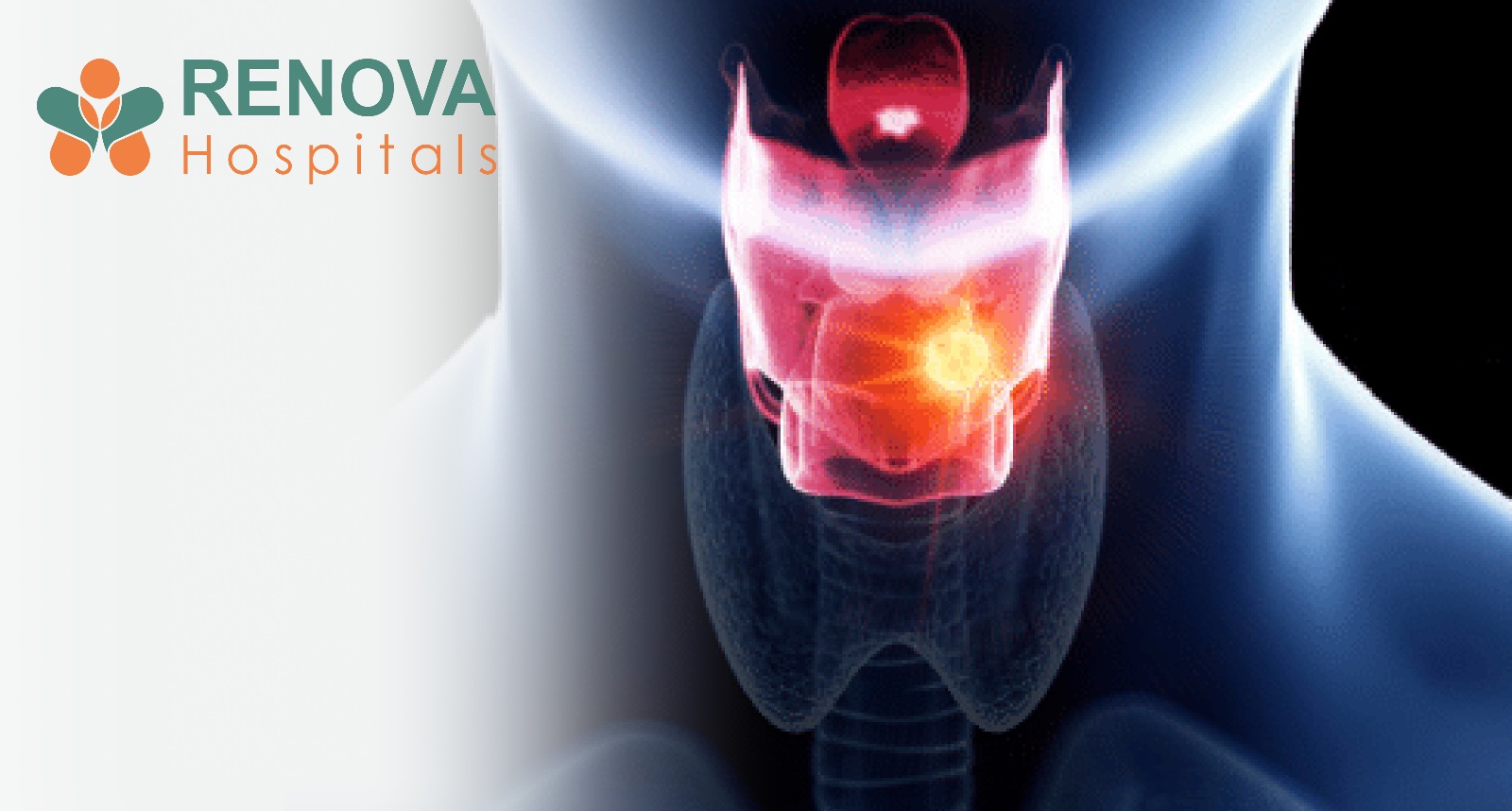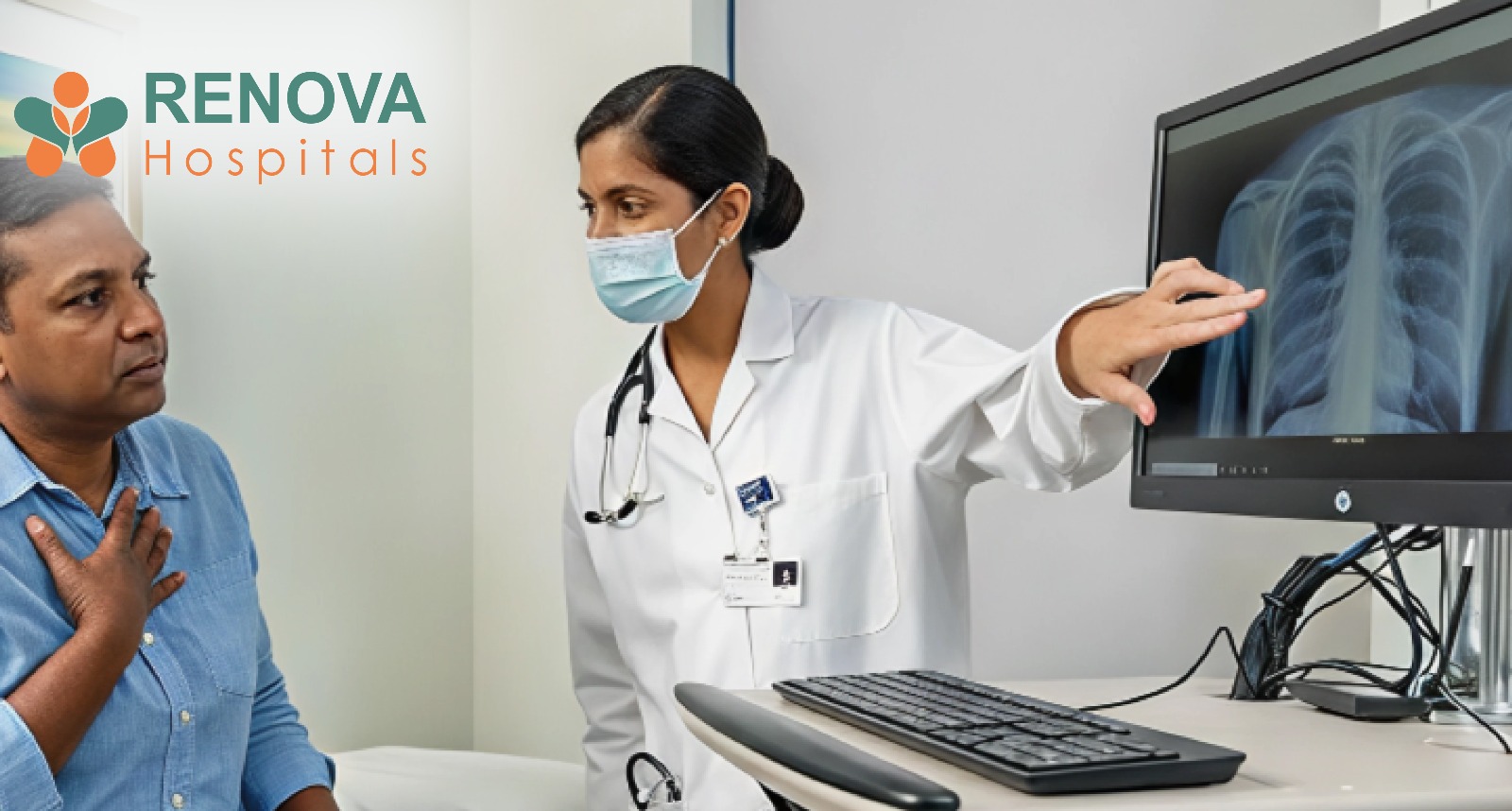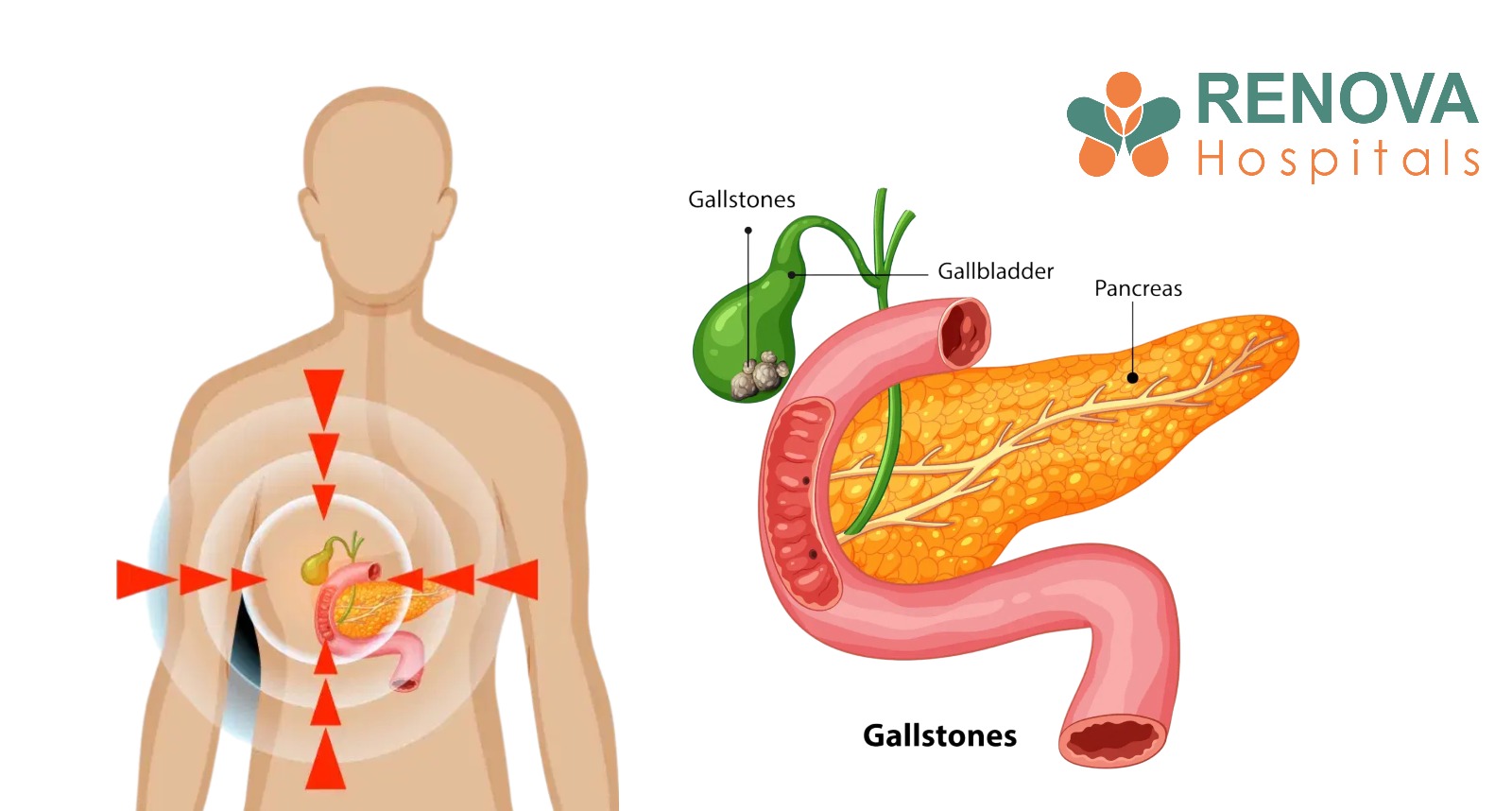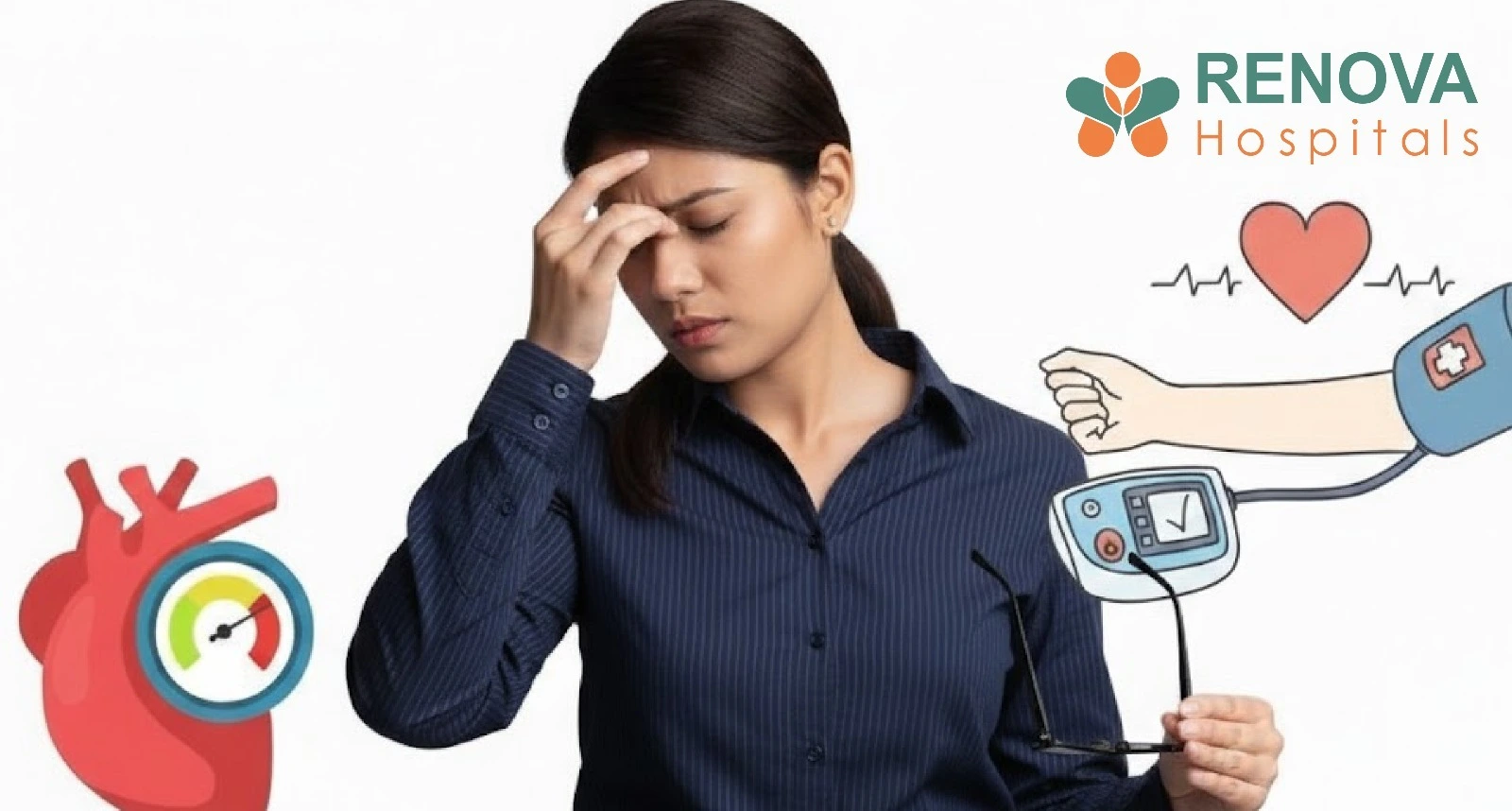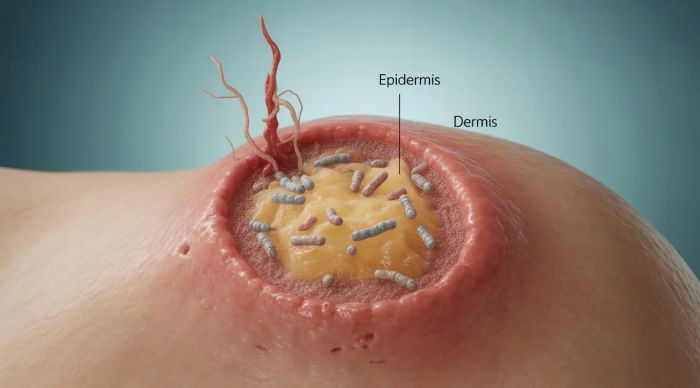
By Renova Hospitals
October 31, 2025
Abscess: Causes, Types, Symptoms, and Safe Treatment at Renova Hospitals Hyderabad
While some abscesses are mild and resolve with medication, others such as a psoas abscess, amoebic liver abscess, or parapharyngeal abscess can become life-threatening if not treated early.
With NABH-accredited infection-control protocols and modern imaging technology, Renova ensures early detection and safe treatment for every patient.
What Is an Abscess?
An abscess is a localised collection of pus that forms in body tissues due to infection. It is the body’s way of containing a local infection by creating a wall of tissue around it to prevent it from spreading further. Inside the abscess, there’s a thick, yellowish fluid (pus) made up of dead white blood cells, bacteria, and tissue debris.
While many people use the term “boil” for superficial abscesses, internal abscesses can affect deeper organs and require advanced imaging and intervention.
Doctors often differentiate between a phlegmon vs abscess during diagnosis. A phlegmon refers to a diffuse, spreading inflammation without a clear pus cavity, while an abscess is a distinct pocket of pus that usually requires drainage.
Recognising this distinction is crucial, as the management differs significantly; antibiotics alone may suffice for a phlegmon, but an abscess often needs drainage.
Types of Abscess
Skin Abscess (Boil or Carbuncle) A skin abscess is the most common type, appearing as a red, swollen, and painful lump just beneath the skin surface. It’s typically caused by Staphylococcus aureus bacteria entering through a cut, insect bite, or blocked sweat gland.
If multiple hair follicles are infected together, it’s called a carbuncle. While most small abscesses can be treated with warm compresses and antibiotics, larger boils may need minor surgical drainage under sterile conditions at Renova’s General Surgery Department.
Cold Abscess: A cold abscess is an unusual form of abscess that develops without the usual signs of inflammation like heat or redness. It’s commonly associated with tuberculosis (TB) infections, especially in the spine, bones, or lymph nodes.
These abscesses form slowly and can become large before being noticed.
Diagnosis often requires MRI or ultrasound, and treatment includes both drainage and anti-tuberculosis medication under the supervision of our Renova Pulmonology and Infectious Disease specialists.
Gluteal Abscess: A gluteal abscess forms in the buttock area, often after contaminated injections, blocked glands, or skin injuries. It causes severe pain while sitting or walking and may lead to fever.
In advanced cases, the infection can spread deeper into pelvic muscles.
Renova’s surgeons perform sterile incision and drainage procedures to remove the pus and prevent recurrence. Post-operative wound care and antibiotic therapy are crucial for complete healing.
Psoas Abscess: A psoas abscess is a deep-seated infection in the psoas muscle, located behind the abdominal cavity and along the spine. It can occur due to spinal tuberculosis (cold psoas abscess) or spread from other abdominal infections such as appendicitis or Crohn’s disease.
Symptoms include persistent back or hip pain, fever, and difficulty walking.
Because this condition mimics spinal or hip disorders, accurate diagnosis through CT or MRI scans is essential.
At Renova Hospitals, image-guided drainage and antibiotic therapy are key components of treatment, followed by physiotherapy for full mobility recovery.
Amoebic Liver Abscess: An amoebic liver abscess is one of the most serious internal infections, caused by the parasite Entamoeba histolytica. This condition occurs when intestinal infection spreads to the liver through the bloodstream, leading to pus formation inside the liver.
Patients may experience high-grade fever, right upper abdominal pain, and tenderness.
If untreated, the abscess may rupture into the chest or abdomen.
Liver abscess management at Renova involves a combination of anti-amoebic and antibiotic therapy, along with ultrasound-guided drainage for larger abscesses. Our Gastroenterology and Hepatology teams are specially trained to manage complex liver abscess cases safely.
Parotid Abscess: A parotid abscess develops within the parotid salivary gland, located near the jaw and ear. It often arises from bacterial infection due to dehydration, poor oral hygiene, or blocked salivary ducts.
Common symptoms include facial swelling, pain while chewing, and sometimes pus discharge inside the mouth.
Prompt treatment is necessary to prevent the infection from spreading to nearby facial nerves. Renova’s ENT and Head & Neck Surgery Department offers minimally invasive drainage and post-surgical oral care guidance.
Parapharyngeal Abscess: A parapharyngeal abscess is a deep neck infection near the throat, usually resulting from untreated tonsillitis, dental infection, or ear infection.
It causes severe throat pain, difficulty swallowing, muffled voice, and neck stiffness. In severe cases, it can affect breathing or compress major blood vessels.
This condition is a medical emergency. Our ENT and Critical Care teams at Renova Hospitals coordinate rapid airway management, imaging, and surgical drainage to prevent complications.
Bezold Abscess: A Bezold abscess is a rare but serious complication of chronic middle-ear infection (mastoiditis). In this condition, pus tracks down from the mastoid bone into the neck tissues, causing painful swelling and limited neck movement.
If untreated, it can spread into the chest.
At Renova’s ENT and Skull Base Surgery Department, this infection is managed through surgical drainage of both the mastoid and neck compartments, combined with targeted antibiotics.
Perianal Abscess: A perianal abscess occurs when the small glands near the anus become blocked and infected. It presents as a painful swelling with throbbing pain, especially while sitting or passing stools.
If untreated, it can form a fistula — an abnormal tunnel connecting the abscess to the skin.
Perianal abscess surgery is the definitive treatment. Renova’s colorectal surgeons perform the procedure under anaesthesia, ensuring complete drainage and infection control.
For patients seeking transparent costs, the perianal abscess surgery cost in Hyderabad at Renova is affordable, with detailed pre-surgical counselling and post-care instructions included.
Symptoms of an Abscess
- Swelling and pain: The affected area often becomes tender, warm, and painful to touch.
- Redness or discolouration: The skin may appear reddish or darker, especially over gluteal or perianal abscesses.
- Throbbing sensation: Patients describe a constant pulse-like pain that worsens over time.
- Pus or foul-smelling discharge: A clear indicator that a local infection has matured into a pus cavity.
- Fever and chills: Common in deeper abscesses like liver or psoas abscess.
- Fatigue and loss of appetite: Internal abscesses may cause generalised weakness, nausea, and weight loss.
Causes of Abscess Formation
- Bacterial invasion through cuts or wounds: The most common route, allowing pathogens like Staphylococcus aureus to enter the skin.
- Post-surgical or post-injection infection: Improper sterilisation can introduce bacteria deep into tissues, leading to gluteal or parotid abscesses.
- Spread from nearby organs: Infections like appendicitis or colitis can lead to psoas or liver abscesses.
- Poor hygiene and sweat gland blockage: Lead to skin abscesses and boils
- Chronic diseases: Conditions such as diabetes or immune suppression reduce the body’s ability to fight infection.
Why an Abscess Happens
Several underlying factors make certain individuals more prone to abscess formation:
- Weakened immunity: People with diabetes, cancer, HIV, or long-term steroid use are at higher risk.
- Poor blood circulation: Limits the delivery of immune cells to affected tissues.
- Chronic ear, dental, or throat infections: Can spread to deeper spaces causing Bezold or parapharyngeal abscesses.
- Neglected skin injuries: Even a small cut can evolve into a large abscess if left untreated.
- Tuberculosis infection: Commonly causes cold abscesses or psoas abscesses in developing regions.
Diagnosis and Tests
At Renova Hospitals, abscess diagnosis begins with a thorough physical examination followed by targeted investigations to determine its type, size, and cause.
- Clinical examination: Doctors assess swelling, tenderness, and pus formation.
- Ultrasound or CT scan: Identifies deep-seated abscesses such as psoas, parapharyngeal, or amoebic liver abscess.
- MRI scan: Useful for spinal and cold abscesses.
- Blood tests: Detect infection through elevated white blood cell count and CRP levels.
- Pus culture & sensitivity: Determines the exact bacteria and best antibiotic for treatment.
- Serological tests: Confirm parasitic infections like Entamoeba histolytica in liver abscess management.
Management and Treatment
For small or early abscesses:
- Antibiotics: Chosen based on culture results to eliminate bacteria.
- Pain management: Analgesics and anti-inflammatory medicines reduce discomfort.
- Warm compresses: Encourage natural drainage for minor skin abscesses.
For moderate or large abscesses:
- The area is cleaned and anaesthetised.
- A small incision is made to drain pus completely.
- The cavity is irrigated and dressed under sterile conditions.
- A temporary drain may be left for continuous discharge.
Image-Guided Drainage for Internal Abscesses
Amoebic liver abscesses are managed with targeted anti-amoebic drugs and drainage under ultrasound guidance.
Psoas abscesses often require both drainage and long-term antibiotic therapy.
Renova’s Interventional Radiology Unit and Gastroenterology Department coordinate for safe, precise, and effective drainage of internal abscesses.
Most abscesses heal completely with timely treatment. Superficial abscesses usually recover within 7–10 days. Internal abscesses like psoas or liver abscesses may take 2–3 weeks depending on the severity. Delaying treatment, however, increases the risk of sepsis — when bacteria enter the bloodstream — or chronic fistula formation.
Prevention
- Clean all cuts and wounds immediately.
- Avoid squeezing boils or pimples.
- Maintain proper hygiene, especially in humid climates.
- Manage diabetes and other chronic conditions.
- Treat ear, throat, and dental infections early to prevent deeper complications like Bezold or parapharyngeal abscesses.
- Use sterile equipment for injections and piercings.
Living with an Abscess
- Keep the drained area clean and covered.
- Attend dressing changes regularly at Renova’s Wound Care Unit.
- Complete your full antibiotic course.
- Eat a balanced, protein-rich diet to aid healing.
- Avoid excessive pressure on healing sites, especially after perianal abscess surgery.
- Watch for any signs of swelling, pain, or fever and report them immediately.
FAQs
- Can an abscess heal on its own?
Some small abscesses may drain naturally, but medical treatment ensures proper healing and prevents recurrence. - Are abscesses contagious?
The pus contains bacteria that can spread through direct contact, so hygiene is essential. - What is the difference between phlegmon and abscess?
A phlegmon is a spreading inflammation without pus; an abscess is a defined pus cavity requiring drainage. - How long does recovery take?
Most patients recover within 7–14 days depending on abscess size and location. - What is the perianal abscess surgery cost in Hyderabad?
At Renova Hospitals, the perianal abscess surgery cost in Hyderabad varies by complexity and hospital stay but remains affordable and transparent.
Renova Hospitals: Comprehensive Abscess and Infection Management
If you have a painful swelling, fever, or pus formation, don’t delay.
Request a call at 040 2333 3333 or visit your nearest Renova Hospital today for expert evaluation and personalised care.
Category
- Joint Replacement
- Joint Replacement
